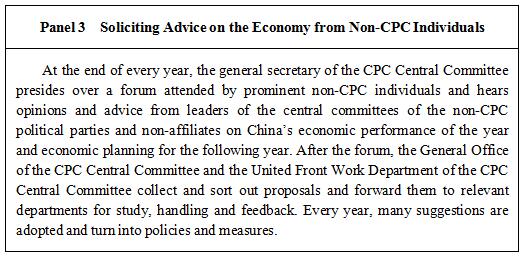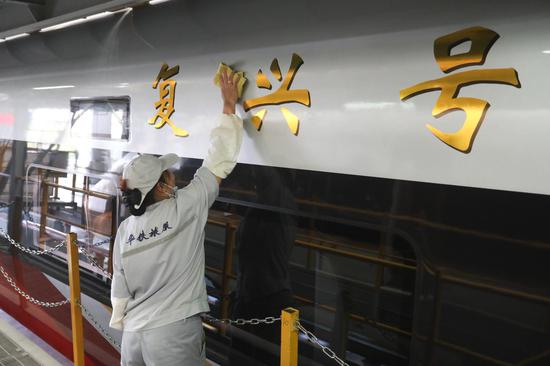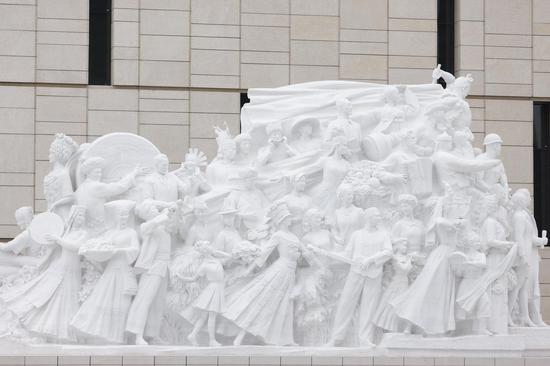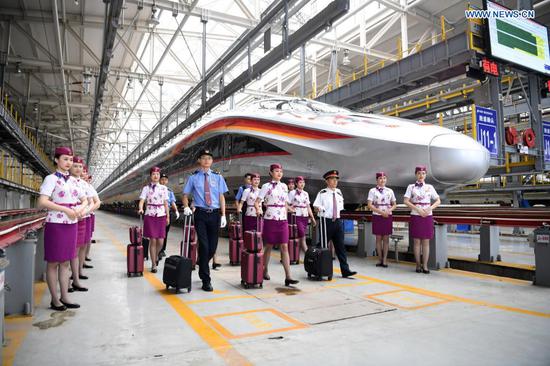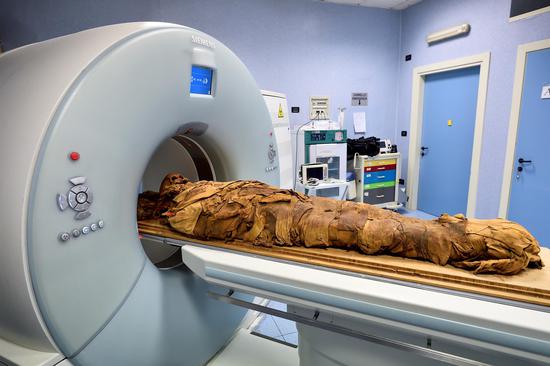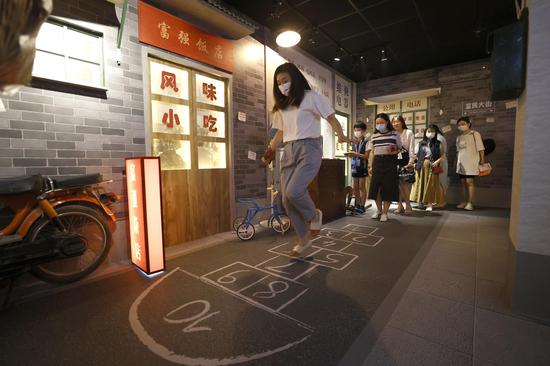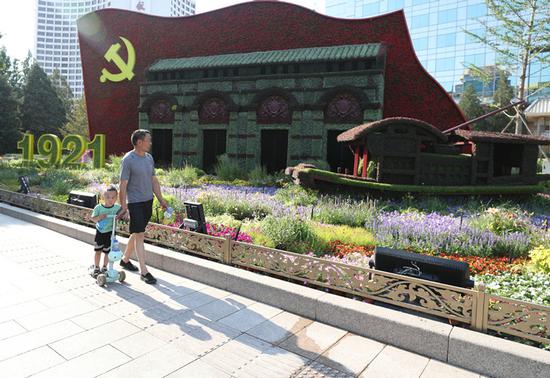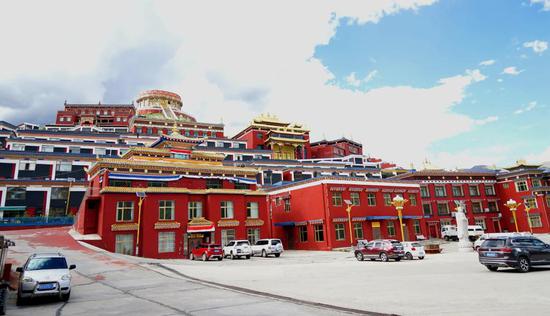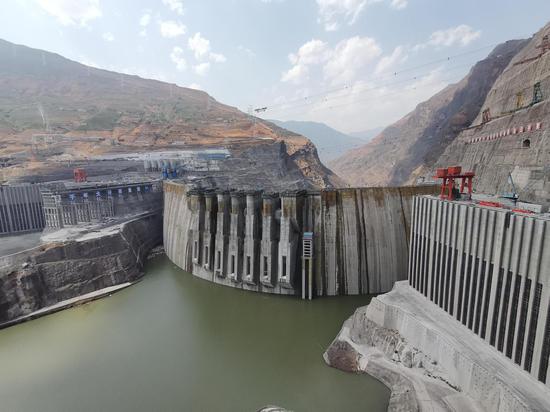IV. China's Political Party System Has Distinctive Characteristics and Strengths
Under the system of socialism with Chinese characteristics, the essence of people’s democracy is that problems should be solved through consultation, and anything that concerns the public should be discussed by the public, through which the people are able to build the broadest possible consensus that reflects the aspirations and expectations of the entire society. Based on cooperation, participation and consultation, and by following the principle of unity, democracy and harmony, China’s political party system plays an important role in encouraging the people to participate in politics, voice their views, and achieve social integration, democratic oversight and sustained stability. It represents the unity of governance and political participation, of leadership and cooperation, and of consultation and oversight. It is a major institutional channel for socialist consultative democracy through which the people’s position as masters of the country is ensured.
The system embodies the interests of the widest range of social groups. This system extensively and unfailingly represents the fundamental interests of the people of all ethnic groups and social sectors, avoiding the defects of the old-fashioned party systems which represent only a selective few or the vested interests. There are many social groups in China. While sharing the same fundamental interests, they each have specific interests of their own. China’s political party system respects the aspirations of the majority while taking into account the reasonable expectations of minorities. It can better represent the interests of different social groups, expand and smooth various channels for articulating interests, and fully and comprehensively reflect the opinions and advice from people of all social groups. Hence this system is in a position to accommodate the interests and coordinate the relationships of all sectors.
The system reflects the shared goals of all. It unites all political parties and non-affiliates towards a common goal, effectively mitigating the risks of inadequate oversight in one-party rule, and the problems of power rotation and destructive competition among multiple political parties. Pooling the wisdom and strength of all through extensive consultation is conducive to building consensus, acting in unison, and achieving shared goals, political unity, and orderly political participation. With the goals of upholding and developing socialism with Chinese characteristics and realizing the Chinese Dream of national rejuvenation, this system helps to build powerful social synergy and pool all resources to complete major missions for the benefit of the people.
The system promotes sound decision-making and implementation. Through consultation between political parties, participation and deliberation in the administration of state affairs, democratic oversight, and other standardized institutional procedures and arrangements, the system pools ideas and suggestions to ensure informed and democratic decision-making. It avoids the weakness of the old-fashioned party systems – when making decisions and exercising governance, political parties act in their own interests or the interests of the classes, regions and groups they represent, cling obstinately to their own ideas and keep dissidents out, making society divided. On the basis of democratic centralism, the system allows different parties to seek common ground while shelving differences and makes it possible to create mechanisms for identifying and rectifying mistakes and reducing errors so that it can effectively prevent blind or arbitrary decision-making. It incorporates political consultation into the decision-making process, and ensures consultation both before decision-making and during policy implementation. In this way decisions are made through rounds of consultation, and acted upon in a rational and prudent manner, so as to ensure sound decision-making and effective implementation.
The system ensures effective state governance. It replaces confrontation and contention with cooperation and consultation, effectively avoiding frequent changes of government resulting from discord among political parties. It is conducive to resolving problems and conflicts and maintaining stability and harmony. Under this system, political parties seek common ground through consultation. It is able to avoid vetocracy and situations where there is deliberation but no decision, or where decisions are made but not implemented. It can therefore ensure continuity and consistency of policies. It aims to arouse the enthusiasm of all and attaches importance to stronger support for all non-CPC political parties and non-affiliates in fulfilling their duties. Therefore, it can optimize the allocation of political resources, make it possible for institutions and mechanisms to be created for people from all sectors of society to participate in state governance and help modernize China’s system and capacity for governance.
